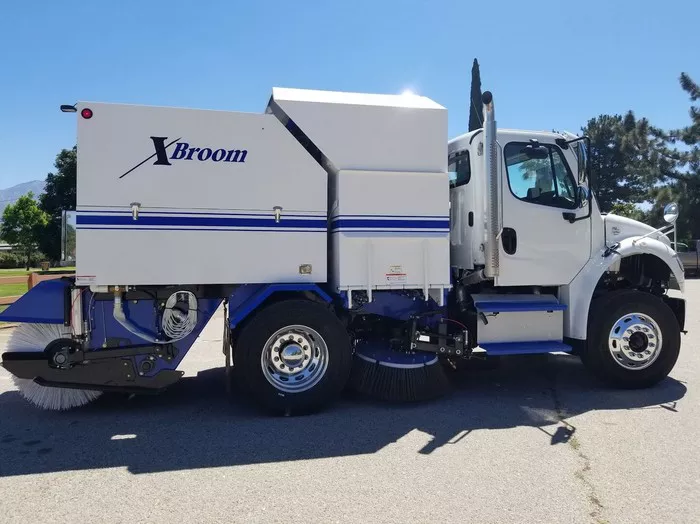Street sweepers play a crucial role in maintaining clean and debris-free streets in urban environments. These specialized machines are designed to remove various types of debris, dirt, and litter from roads and pavements, contributing to a cleaner and safer community environment.
Types of Street Sweepers
There are several types of street sweepers, each with its own unique capabilities and mechanisms. Mechanical broom sweepers, regenerative air sweepers, and vacuum sweepers are among the most common variants. In our area of interest, [Insert Area], mechanical broom sweepers are predominantly used for their efficiency in handling debris and dirt.
Operating Conditions
Street sweepers are designed to handle a wide range of debris, including leaves, sand, gravel, and litter. They are typically effective in dry weather conditions, efficiently collecting and disposing of debris from the streets. However, their performance can be affected by certain weather conditions, including rain.
Rainy Day Operations
One common question regarding street sweepers is whether they operate during rainy days. The answer depends on the intensity of the rain and the specific policies of local authorities. While some street sweepers may continue operating in light rain, heavy rain poses significant challenges.
Safety Concerns
Operating street sweepers in rainy conditions presents various safety concerns for both operators and other road users. Reduced visibility due to rain and spray from passing vehicles can increase the risk of accidents. Moreover, slippery roads can compromise the stability of street sweepers, potentially leading to equipment damage or injuries.
Maintenance and Cleanup
After operating in rainy conditions, street sweepers require additional maintenance and cleanup to ensure optimal performance and longevity. This includes drying and cleaning the equipment to prevent corrosion and damage caused by exposure to moisture. Regular inspection and servicing are also essential to address any potential issues arising from wet weather operations.
Local Regulations and Policies
It’s important to be aware of any local regulations or policies governing street sweeping operations during rainy weather. Some municipalities may have specific guidelines or restrictions in place to ensure the safety of both operators and the public. Compliance with these regulations is essential to avoid penalties and maintain effective street cleaning services.
Alternative Methods
In situations where street sweepers cannot operate effectively due to heavy rain, alternative methods may be employed to keep streets clean. Manual sweeping by maintenance crews or the use of specialized equipment designed for wet conditions are potential alternatives to consider. These methods can help mitigate the impact of rainy weather on street cleanliness and safety.
Conclusion
In conclusion, maintaining clean streets is a collective responsibility that requires careful planning and consideration, especially during inclement weather conditions like rain. Street sweepers play a vital role in this endeavor, but their effectiveness can be hindered by heavy rain. By understanding the challenges associated with rainy day operations and implementing proper maintenance and safety measures, we can ensure that our streets remain clean, safe, and accessible for all members of the community.

